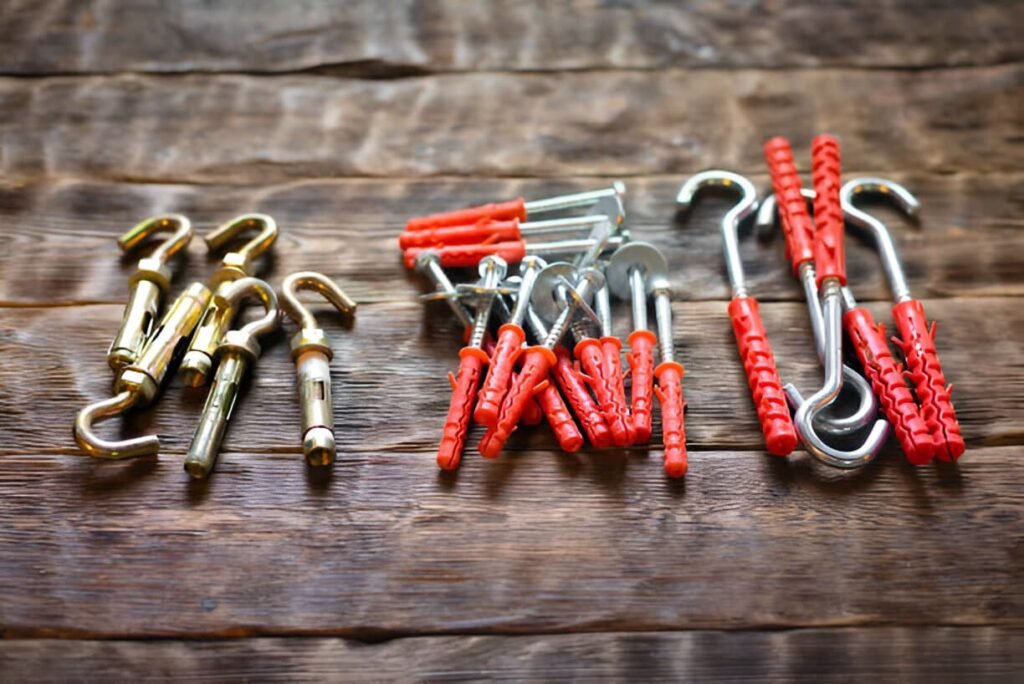Selecting the right fasteners is crucial for ensuring effective and secure insulation systems. These components play an essential role in holding materials in place, helping to maintain energy efficiency and comfort. Professionals in construction and insulation services must evaluate several factors when choosing fasteners to ensure long-lasting performance and reliability.
Load Capacity and Durability
Insulation fasteners must be able to handle the load of the material and any additional weight. The load capacity refers to the maximum weight a fastener can hold before it fails. Different materials have varying densities, meaning the load capacity needed for each installation may differ. It is essential to assess the weight and density of the material and select fasteners with a suitable load-bearing capacity.
Durability is another essential factor when choosing these anchors. Over time, those that are not built to last may begin to degrade or lose their grip. For outdoor installations or areas subject to temperature fluctuations, it is essential to select fasteners made from durable materials. This ensures the insulation system remains secure for years.
Material Compatibility
The material of the insulation fasteners is a key consideration when selecting the appropriate anchor. Insulation materials such as foam, fiberglass, or mineral wool often require different types of anchors that match the properties of the material. For example, certain materials may react with metal, which can lead to degradation over time. It is important to choose anchors made from materials that are compatible with the insulation type to ensure the system’s effectiveness.
Choosing anchors made from corrosion-resistant materials is particularly important when installing insulation in environments exposed to moisture or humidity. Fasteners made of plastic or coated metals are ideal in such conditions, as they will not rust or corrode over time. Professionals must consider the long-term environmental conditions to avoid anchor failure and ensure a durable insulation system.
Applications Type
There are various types of insulation anchors, each suited for different applications. For example, mechanical fasteners may be preferred for securing rigid boards, while adhesive-backed anchors work well with flexible insulation materials like foam. When selecting anchors, it is important to consider the specific requirements of the insulation system being used.
Each type of anchor offers its own advantages. Mechanical fasteners often provide a stronger hold and are suitable for heavier insulation materials. On the other hand, adhesive-backed ones may be easier to install, making them ideal for simpler insulation systems. By understanding the different types of anchors available, companies can ensure they select the most appropriate solution for their project.
Installation Ease
The ease of installation is another important consideration when selecting insulation anchors. Professional installers typically prefer fasteners that are simple and quick to install, as this can reduce labor costs and installation time. Those requiring minimal tools or specialized equipment can help streamline the installation process and improve overall efficiency.
Fasteners designed for easy installation also help reduce the risk of errors during the process. A straightforward installation process allows contractors to complete projects more efficiently, ensuring that insulation materials are properly secured without delays. The choice of fastener can significantly impact both the speed and quality of the installation.
Size and Fit
Selecting the right size of fasteners is essential for ensuring a secure fit and effective performance. Insulation materials vary in thickness, and fasteners must be chosen to match the specific dimensions of the material being used. A proper fit ensures that the fasteners hold the material securely without damaging it.
Using fasteners that are too large or too small can lead to improper installation, causing the material to become unstable. Accurate measurements and the selection of fasteners with the correct size are vital steps in ensuring that the system remains intact and performs as intended throughout its lifespan.
Compare Cost with Performance
When selecting insulation anchors, it is important to balance cost with performance. While some anchors may be less expensive, they may not offer the durability or load capacity needed for long-term performance. Investing in higher-quality anchors may result in a higher initial cost, but they can provide greater reliability.
Companies must evaluate the total cost of installation, including the cost of anchors and any potential long-term maintenance or repairs. By choosing anchors that offer both value and performance, contractors can ensure that they select the best products for the job without compromising on quality or budget. This approach helps achieve cost-effective solutions without sacrificing the integrity of the insulation system.
Selecting the right insulation fasteners is crucial for ensuring the performance and durability of insulation systems. By considering factors such as material compatibility, load capacity, durability, and environmental conditions, professionals can make informed decisions when choosing anchors. The right fastener provides long-lasting support, ensuring that the insulation system remains effective and secure. It is important to weigh cost against performance to find the most suitable solution.
Also Read-From Code to Customer: Building Awareness in Technical Markets


